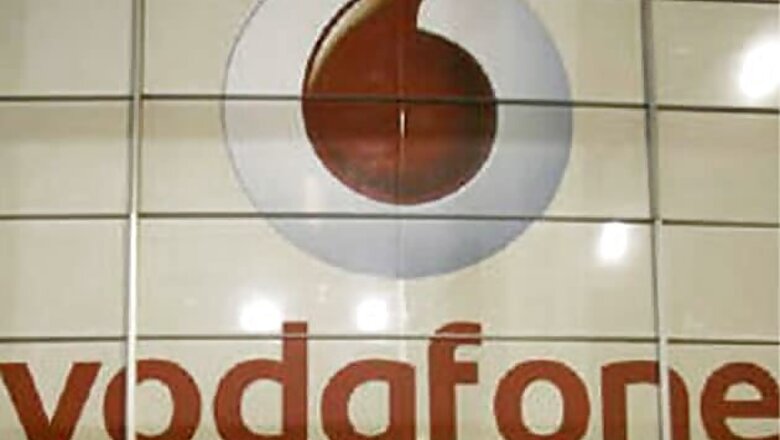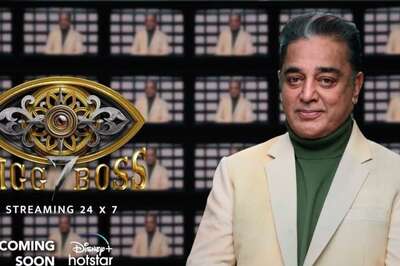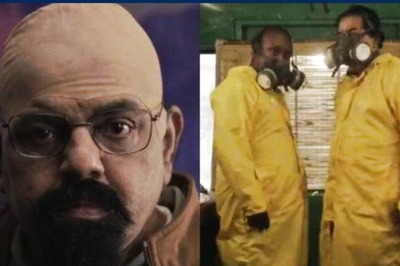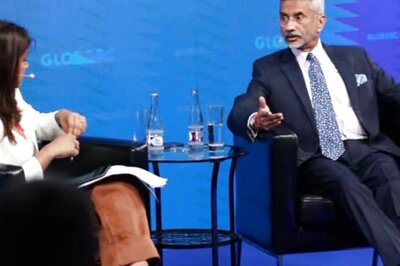
views
London/New Delhi: Vodafone boss Vittorio Colao has challenged India's new government to back up its pro-business credentials by resolving the telecoms group's long-running tax dispute in the country.
The British company became India's largest overseas corporate investor when it acquired Hutchison Whampoa's Indian mobile assets in 2007 as part of its strategy of chasing growth in emerging markets.
The Indian authorities argued that the transaction was liable to be taxed in India, a claim rejected by Vodafone, which said that, even if tax was due, it should be paid for by the seller rather than the buyer.
The $2.2 billion standoff has played out in courts across the country ever since and has been held up by the business community as a symbol of the perils foreign businesses face from operating in India.
Speaking as the group released full-year results showing strong growth in India and weak trading elsewhere, Colao called on Narendra Modi's new government to finally tackle the problem.
"I read during the electoral campaign very pro-business ... statements from the winning party," he told reporters in London. "Therefore I am optimistic that the BJP (Bharatiya Janata Party) will quickly do something to restore confidence in the country.
"We had an issue that has been really damaging to the Indian reputation, which is this retrospective taxation. Maybe this is actually a great opportunity for the new government to make a statement about how open the country is again."
Vodafone, the world's second-largest mobile operator, thought it had finally secured victory in the case in 2012, when India's Supreme Court dismissed the tax demand. But the government responded by announcing retrospective legislation that would change the rules.
International arbitration
Vodafone, which could float its Indian business if it resolves the tax issue, said this month that it had begun international arbitration proceedings against the Indian government, stepping up the pressure in the high-profile dispute.
"I will engage in any conversation that they deem necessary," Colao said of the new government.
Modi stormed to victory in the country's election last week, giving his party a mandate for sweeping economic reform.
As well as the tax issue, Vodafone has had to contend with a fierce price war in India and unpredictable government rulings. But recent results have shown prices stabilising and an increasing number of customers taking more expensive data packages.
The unit, India's second-biggest mobile phone carrier, said on Tuesday that it had made its first annual net profit since Vodafone entered the country.
India's crowded mobile phone market of a dozen players has been hungry for consolidation, but deals have been few and far between, mainly because of stricter rules and heavy debt levels at potential target companies.
Vodafone India Chief Executive Marten Pieters said the group would rather buy specific assets, such as mobile frequency capacity, than whole companies.




















Comments
0 comment